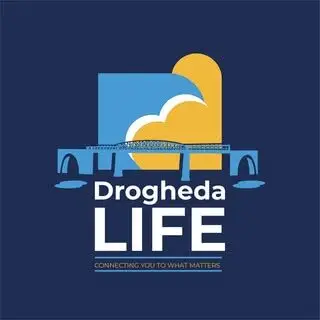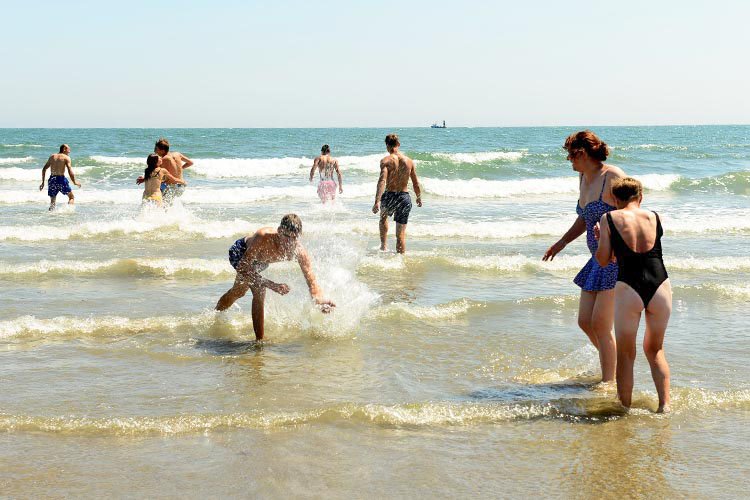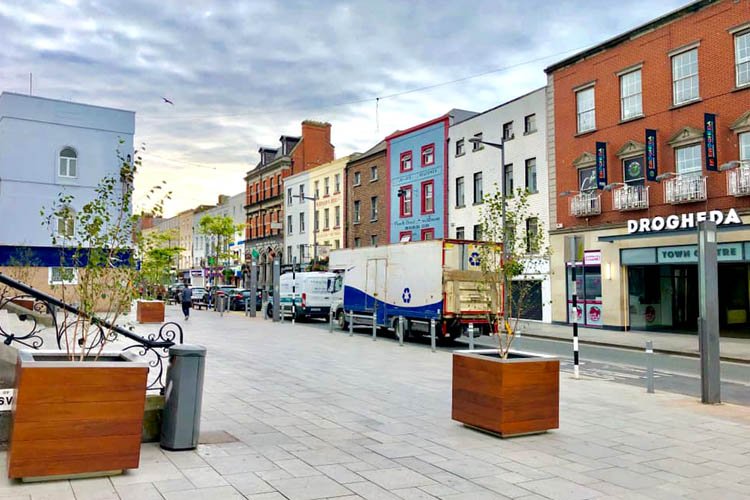Congratulations to all concerned – the annual survey of coasts and inland waterways by business group Irish Business Against Litter (IBAL) has judged Clogherhead beach in Louth to be ‘clean to European norms’ which is big improvement on its ‘moderately littered’ status of last year.
The study of 33 areas nationwide revealed our most littered areas to have cleaned up but the majority of beaches falling short of clean status, despite the unsettled summer meaning lower visitor numbers.
Beaches, harbours, rivers and their immediate environs were monitored by An Taisce in June and July. While there was a 50% rise in clean sites overall, the survey again found our coastal areas to be more littered than our towns, which IBAL researches as part of its Anti-Litter League programme.
The An Taisce report for Clogherhead beach stated:
“The overall impression created at Clogherhead Beach and associated car park was much improved over last year with some lovely features such as ‘Beach Toy Library – Borrow, Play and Return’ created by Clogherhead Girl Guides and the litter signage in the shape of a foot saying ‘Leave Nothing but your Footprints’.
“The local cafe also had some litter awareness notices. The small car park area was well served by a variety of litter bin types, along with the opportunity to separate / recycle waste.
“Apart from some minor food related items in the car park, the area was generally very good with regard to litter – just a small amount on the tide line e.g. rope. All aspects of the area surveyed were in very good order e.g. litter bins, recycle facility, life-belts, visitor information notices etc.”
Elsewhere around the coast, the popular beaches at Portmarnock and Lahinch deteriorated to ‘littered’ status, as did Dog’s Bay in Galway, while those at Bundoran, Ballybunion, Skerries and Strandhill were deemed ‘moderately littered’. Clean beaches included Killiney, Salthill and Tramore, as well as Brittas Bay and Curracloe in Wexford, which both improved on last year.
“Over an unsettled summer, where our beaches attracted far fewer numbers than normal, one might have expected the majority to be virtually free of litter,” says Conor Horgan of IBAL.
“Unfortunately, this does not reflect the state of our coastal environment. There is much ‘long lie’ litter and waste coming in from the sea, and this is compounded by litter from those who continue to frequent our coastline despite the inclement weather.”
Rise of the vapes
Disposable vapes were revealed as an emerging form of litter, encountered in 1 in 7 of all visits, making them significantly more common on our beaches than on our streets.
“This time last year we were not seeing this form of litter at all, so its rapid emergence is worrying. So, too, is its impact on our environment,” warns Conor Horgan. IBAL favours the banning of disposable vapes, which, it contends, run counter to the notion of a circular economy. Vapes contain electronics, chemical waste and single-use plastic which breaks down into microparticles, endangering sea life. “At a time when we are urgently trying to reduce plastic pollution in our oceans, the emergence of vapes is concerning.” Research shows the number of disposable vapes sold each year in the US would stretch for over 7,000 miles.^
IBAL credits the Clean Coasts programme, which supports over 2,000 volunteer groups, as a major force in ridding our coasts of litter throughout the year. Its annual ‘Big Beach Clean’ takes place nationwide each September. The continued rise in volunteers, now in excess of 40,000, reflects the growing public concern around the marine environment.
Drogheda Life asked why there was no mention of any of the Meath beaches and we were told that there are not enough resources or judges to survey all of the beaches along the coast each year.
Welcoming today’s announcemnent, Louth County Council Chief Executive, Joan Martin said:
“This excellent result for Clogherhead Beach, now in the highest range ‘Clean to European Norms’ is
an example of what can be achieved with the combined efforts of local community groups, Louth
County Council cleansing teams and the general public. We appeal to everyone visiting the beach
area to dispose of litter responsibility, and help keep Louth’s coastline clean.”





